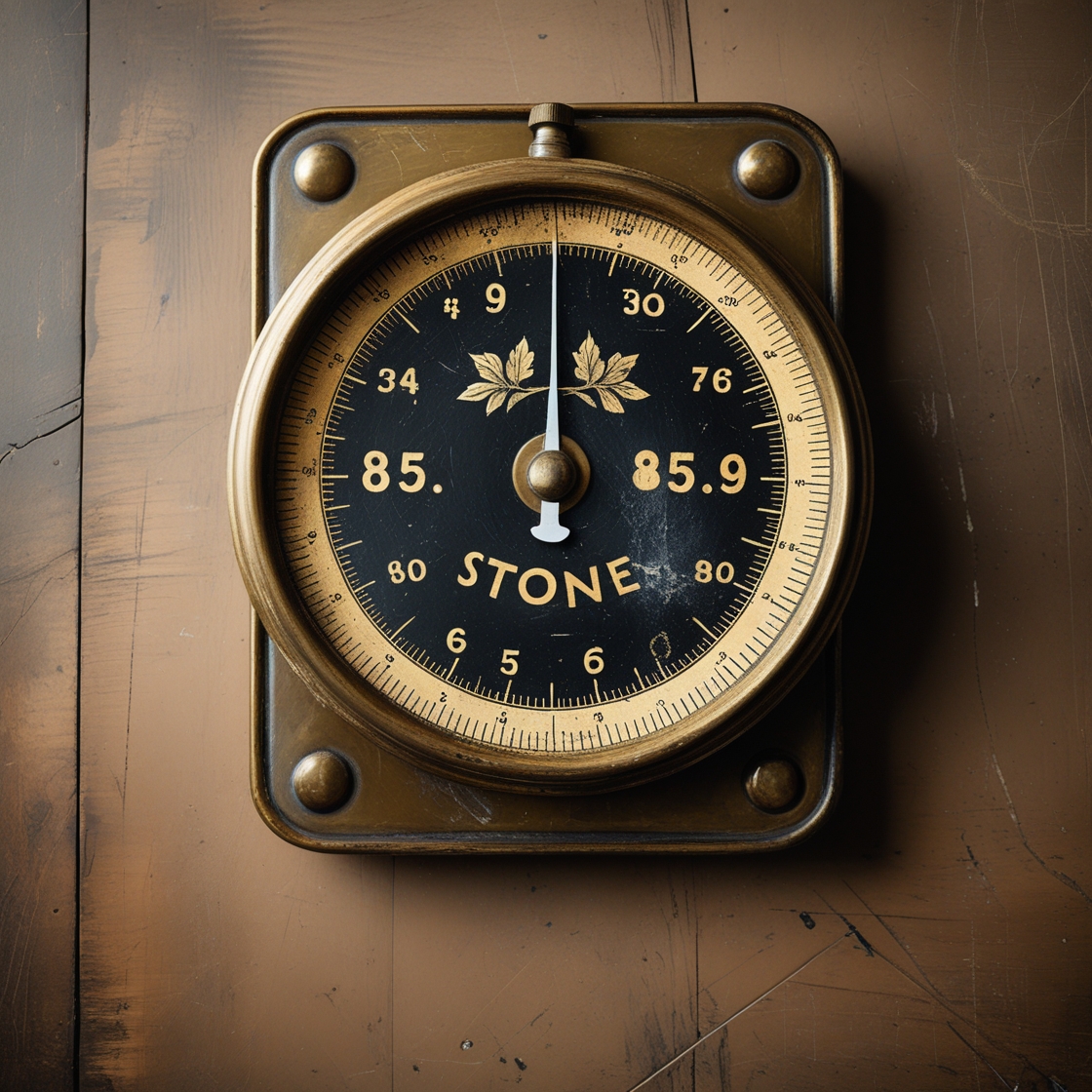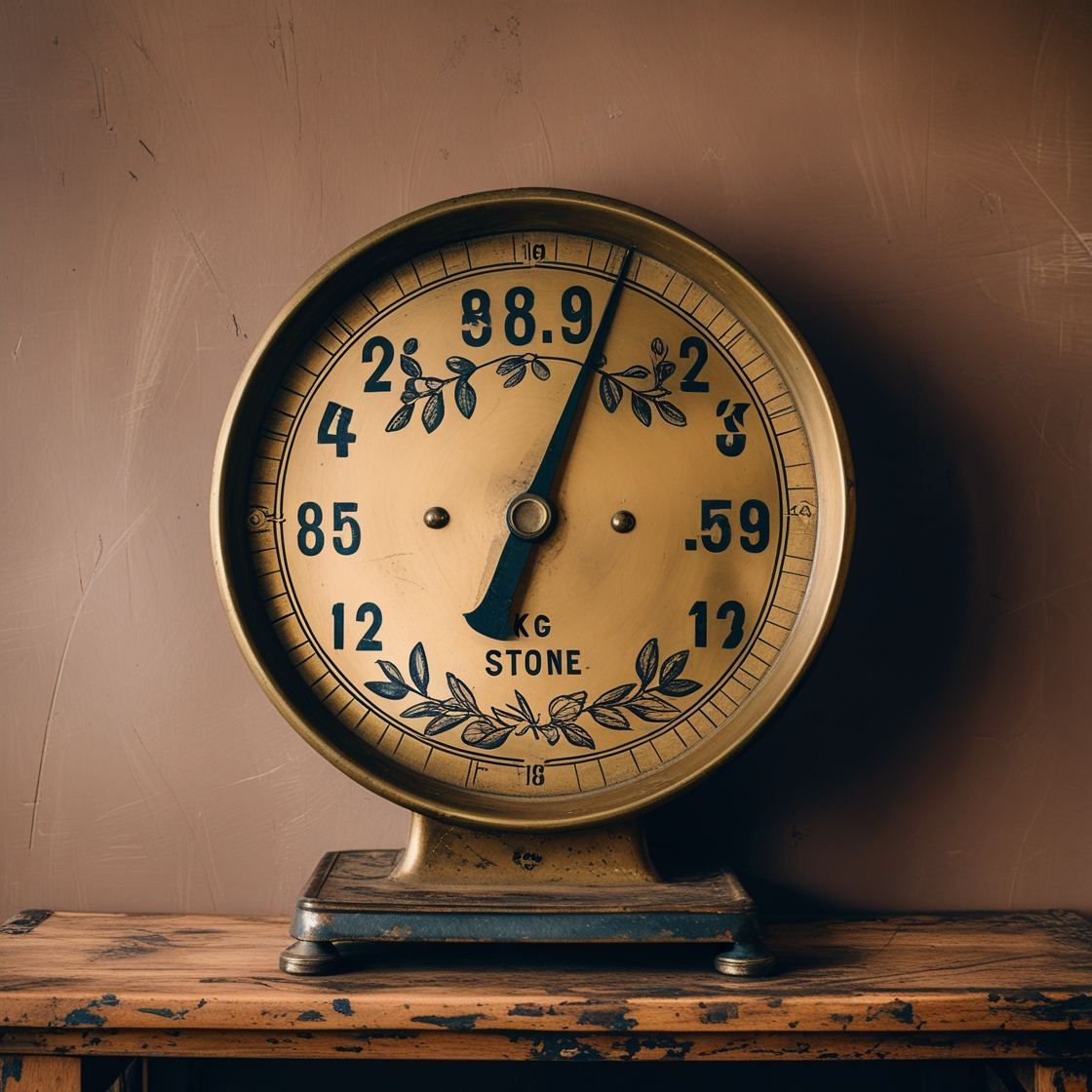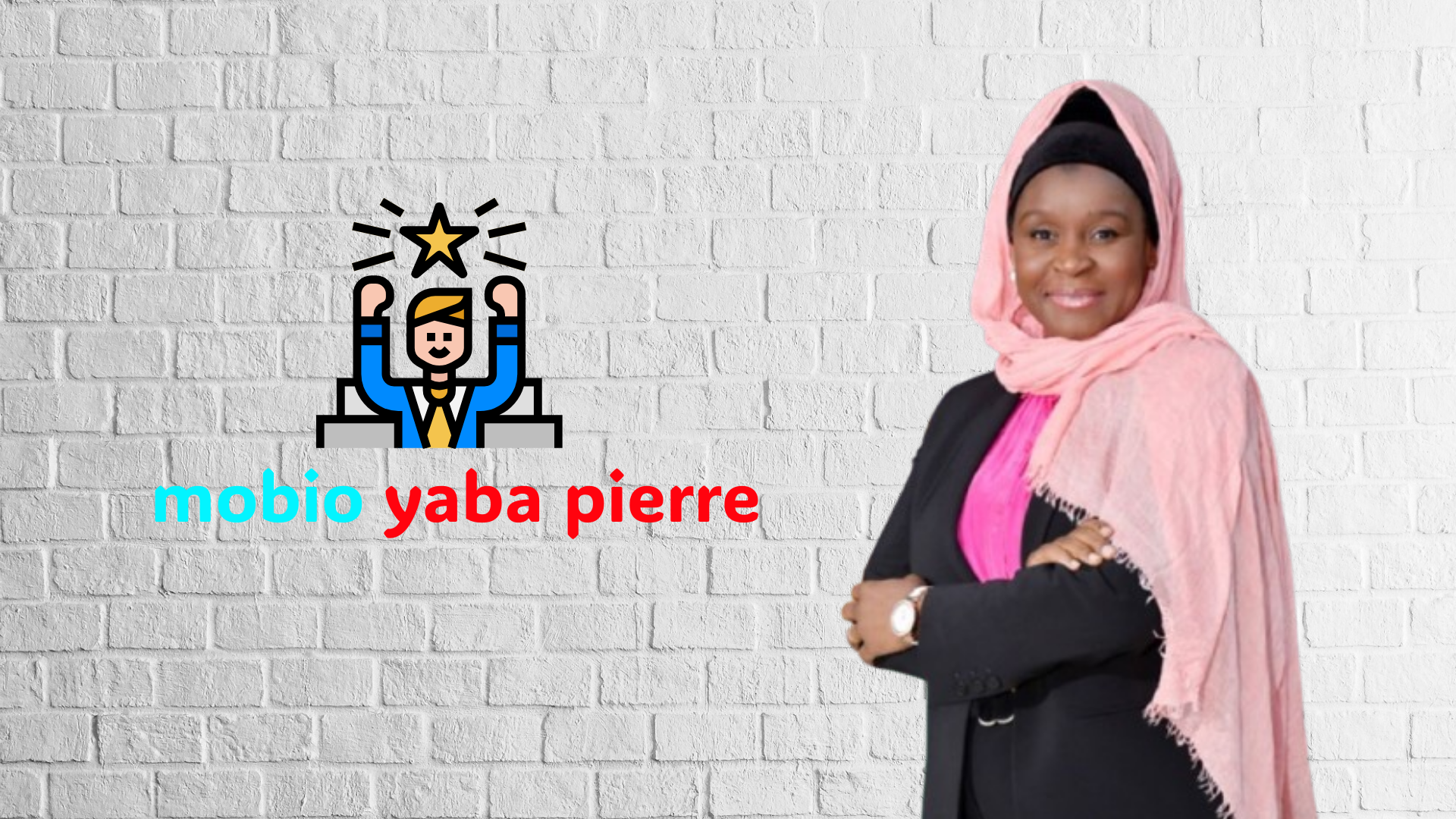
What is a Stone?
A stone is a unit of weight that is primarily used in the UK and Ireland. One stone is equivalent to 14 pounds or approximately 6.35 kilograms. The use of stone as a measurement dates back to the medieval period when stones of various weights were used for trade. Today, it is commonly used to describe body weight, particularly in the context of health and fitness.
Converting Kilograms to Stone
To convert kilograms to stone, you can use the following formula:
[ \text{Weight in stone} = \frac{\text{Weight in kg}}{6.35} ]
Using this formula, we can convert 85.9 kg into stone:
[ \text{Weight in stone} = \frac{85.9}{6.35} \approx 13.54 \text{ stone} ]
This means that 85.9 kg is approximately 13 stone and 7.6 pounds (since 0.54 stone is about 7.6 pounds, calculated as 0.54 x 14).
The Importance of Weight Measurement
Understanding weight and its measurement 85.9 kg in Stone is crucial for various reasons, including health, fitness, and nutrition. Here are some key points to consider:
1. Health and Fitness
Weight is often a significant factor in assessing an individual’s health. Body Mass Index (BMI) is a common tool used to determine whether a person is underweight, normal weight, overweight, or obese. BMI is calculated using a person’s weight and height. Knowing your weight in different units can help you better understand your health status and make informed decisions about your lifestyle.
2. Nutrition
Nutritionists and dietitians often use weight measurements to create meal plans and dietary recommendations. Understanding your weight in kilograms, pounds, or stones can help you follow these plans more accurately. For instance, if a diet plan recommends a certain number of grams of protein or carbohydrates, knowing your weight can help you determine your daily caloric needs.
3. Sports and Fitness Training
In the world of sports, weight can play a crucial role in performance. Athletes often need to maintain a specific weight class, especially in sports like boxing, wrestling, and weightlifting. Understanding weight conversions can help athletes track their progress and ensure they meet the requirements for their respective sports.
The Metric System vs. Imperial System
The metric system, which includes kilograms, is used by most countries around the world. The imperial system, which includes pounds and stones, is primarily used in the United States and the UK. Understanding the differences between these systems is essential for accurate weight measurement and conversion.
Metric System
The metric system is a decimal-based 85.9 kg in Stone system of measurement that is used globally. It is based on units of ten, making it easier to convert between different measurements. For example, 1 kilogram is equal to 1,000 grams, and 1 liter is equal to 1,000 milliliters. The metric system is widely used in scientific research, medicine, and international trade.

Imperial System
The imperial system, on the other hand, is based on a variety of units that do not follow a consistent pattern. For example, there are 12 inches in a foot, 3 feet in a yard, and 16 ounces in a pound. This can make conversions more complicated. In the UK, the use of stones for weight is a remnant of the imperial system, even as the metric system has become more prevalent.
The Cultural Context of Weight Measurement
Weight measurement can also have cultural significance. In the UK, for example, many people still prefer to use stones when discussing their weight, as it has become a part of everyday language and culture. Phrases like “I weigh 10 stone” are common, and many people find it easier to relate to this measurement than to kilograms or pounds.
The Role of Weight in Society
Weight can also play a role in societal perceptions of beauty and health. In many cultures, there is a significant emphasis on body image, and weight can be a sensitive topic. Understanding weight in different units can help individuals navigate these societal pressures and make informed choices about their health and well-being.
Practical Applications of Weight Conversion
Knowing how to convert weight from kilograms to stones can be useful in various practical situations. Here are some examples:
1. Travel
When traveling to the UK or Ireland, you may encounter weight measurements in stones. Understanding how to convert your weight can help you communicate more effectively and understand local customs regarding weight. For instance, if you’re booking a flight or checking into a hotel, knowing your weight in stones can help you comply with local regulations or expectations.
2. Fitness Classes
Many fitness classes in the UK may refer to weight in stones. If you’re participating in a group class or personal training session, being able to express your weight in this unit can enhance communication with instructors and fellow participants.
3. Health Assessments
During health assessments, particularly in the UK, healthcare professionals may use stones to discuss weight. Being familiar with this measurement can help you better understand your health evaluations and any recommendations provided by your doctor or nutritionist.
Conclusion
In summary, converting 85.9 kg into stone provides a practical understanding of weight measurement in a cultural context. With approximately 13.54 stone, this conversion highlights the importance of knowing different weight units, especially in regions where stones are commonly used. Understanding weight measurement is not only essential for personal health and fitness but also for navigating social and cultural contexts. Whether you’re discussing your weight with friends, participating in sports, or following a diet plan, being aware of how to convert between kilograms and stones can enhance your understanding and communication regarding weight.








